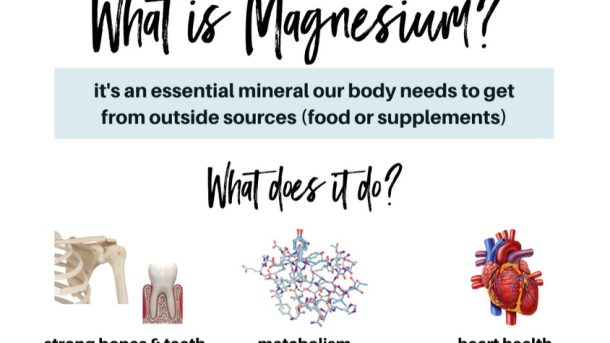Magnesium plays a role in over 300 enzyme reactions in the human body. Magnesium functions include helping with muscle and nerve function, regulating blood pressure, and supporting the immune system.
An adult body contains around 25 gram (g) of magnesiumTrusted Source, 50–60% of which the skeletal system stores. The rest is present in muscle, soft tissues, and bodily fluids.
Many people in the United States do notTrusted Source get enough magnesium in their diet, though deficiency symptoms are uncommon in otherwise healthy people.
Doctors link magnesium deficiency with a range of health complications, so people should aim to meet their daily recommended levels of magnesium.
Almonds, spinach, and cashew nuts are some of the foods highest in magnesium. If a person cannot get enough magnesium through their diet, their doctor may recommend taking supplements.
In this article, we look at the function and benefits of magnesium, what it does in the body, dietary sources, and possible health risks doctors link to too much.
Muscle Function
Magnesium aids in muscle contraction and relaxation, preventing cramps and fatigue, especially during physical activity.
Nerve Health
It regulates neurotransmitters, ensuring effective communication in the nervous system. Low magnesium can lead to anxiety, irritability, and sleep issues.
Bone Health
About 60% of magnesium is stored in bones, contributing to their formation and density. Low levels can increase the risk of osteoporosis.
Heart Health
Magnesium helps regulate blood pressure and heart rhythms, reducing hypertension and the risk of arrhythmias. It also aids in blood sugar and cholesterol regulation, lowering the risk of type 2 diabetes.
Deficiency Symptoms
Common signs include muscle cramps, fatigue, irregular heartbeat, and mood changes. Severe deficiency can lead to osteoporosis and cardiovascular issues.
Boosting Intake
To increase magnesium levels, incorporate magnesium-rich foods like leafy greens, nuts, seeds, whole grains, and legumes. Supplements may be necessary but should be taken under medical guidance. Recognizing magnesium’s role and ensuring adequate intake can significantly enhance overall health and well-being.



